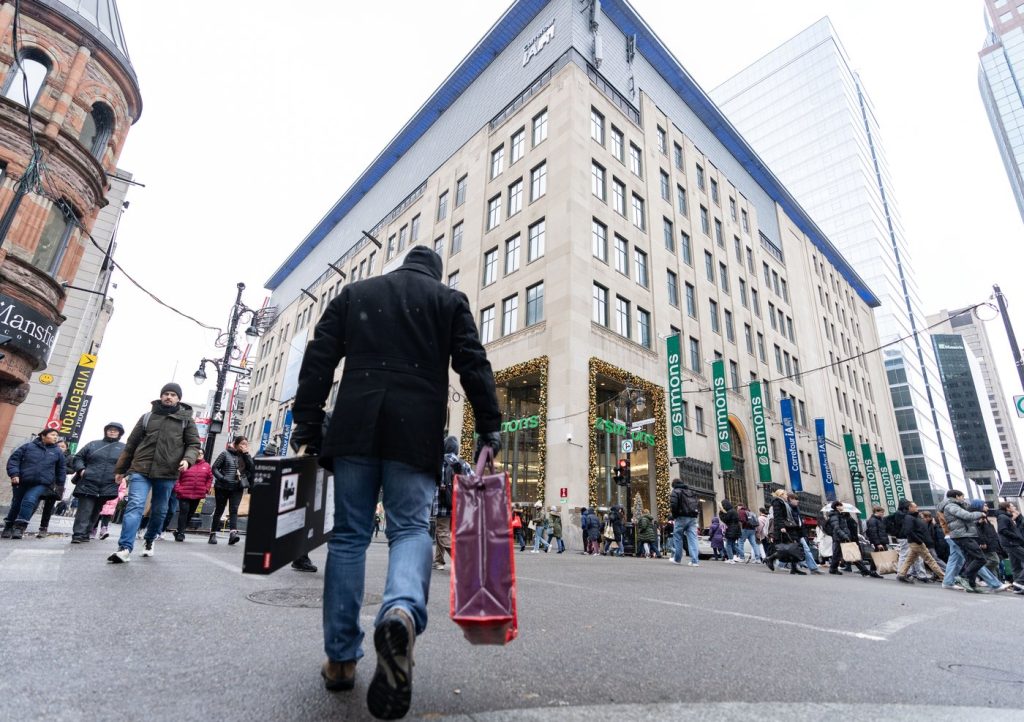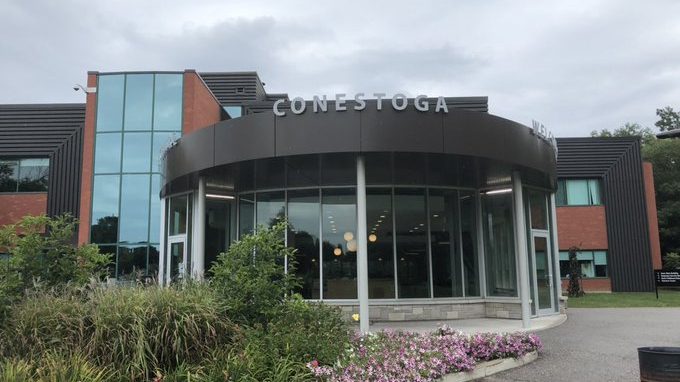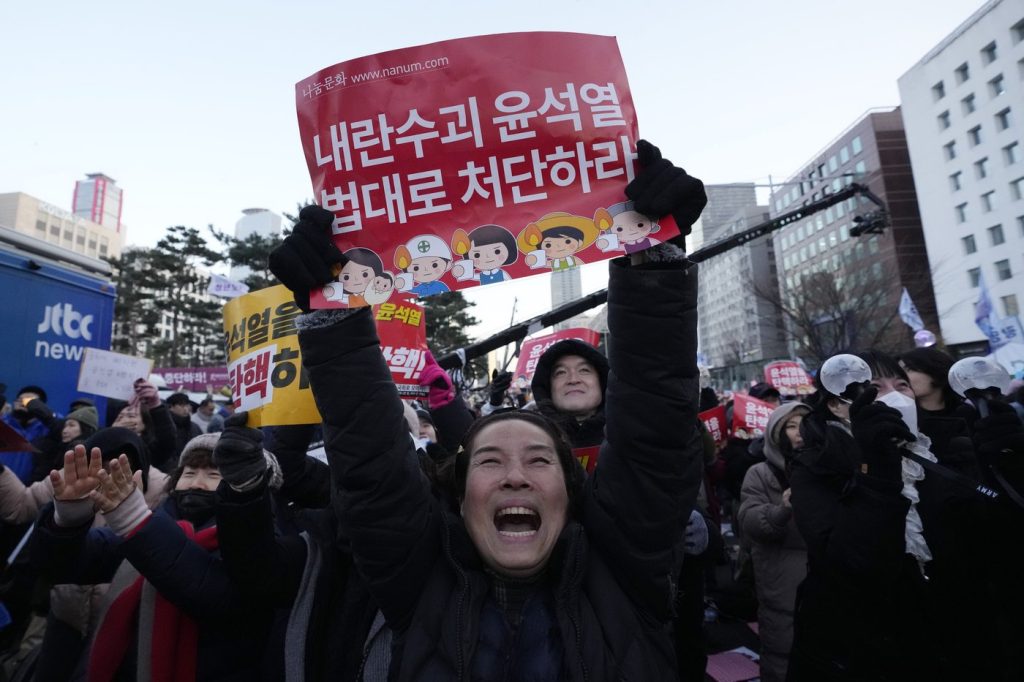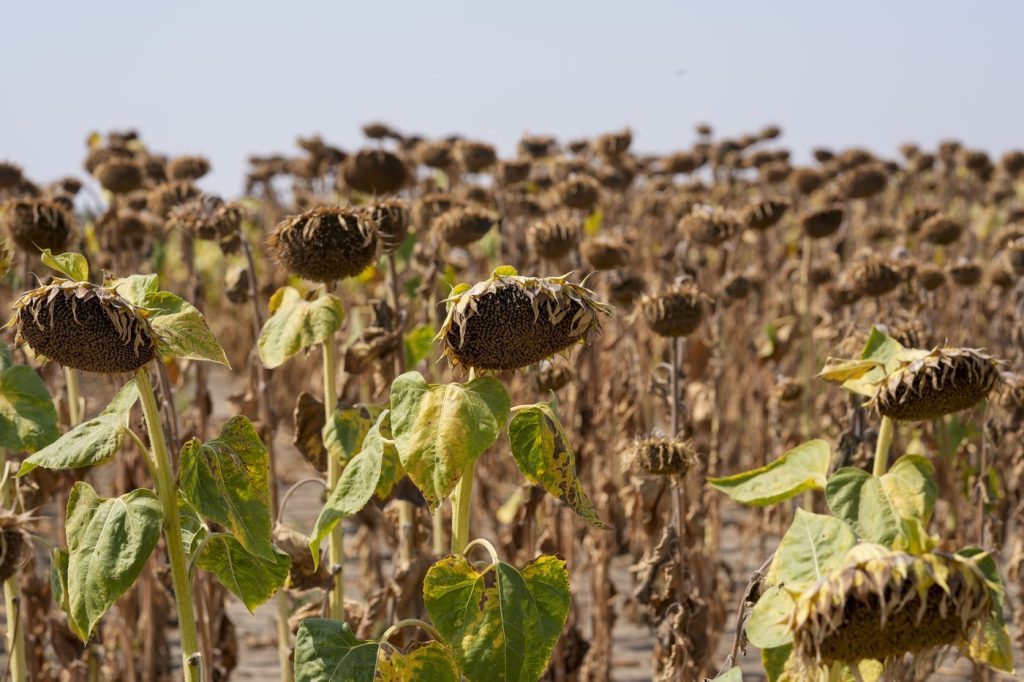India’s Supreme Court upholds government’s decision to remove disputed Kashmir’s special status
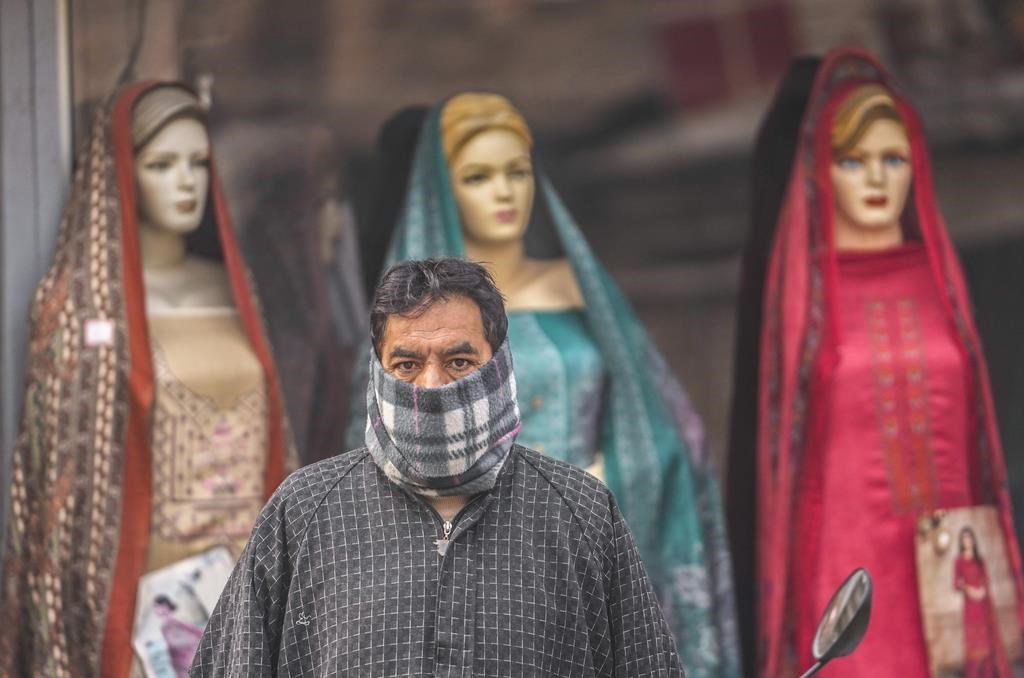
Posted Dec 11, 2023 03:16:42 AM.
Last Updated Dec 11, 2023 09:41:02 AM.
SRINAGAR, India (AP) — India’s top court on Monday upheld a 2019 decision by Prime Minister Narendra Modi’s government to strip disputed Jammu and Kashmir’s special status as a semi-autonomous region with a separate constitution and inherited protections on land and jobs.
The five-judge constitutional bench of the Supreme Court ruled that the region’s special status had been a “temporary provision” and that removing it in 2019 was constitutionally valid.
The unprecedented move also divided the region into two federal territories, Ladakh and Jammu-Kashmir, both ruled directly by the central government without a legislature of their own. It was the first time in the history of India that a region’s statehood was downgraded to a federally administered territory.
As a result, the Muslim-majority region is now run by unelected government officials and has lost its flag, criminal code and constitution.
But Chief Justice Dhananjaya Yeshwant Chandrachud said the government has promised to restore Jammu-Kashmir’s statehood and should do so as soon as possible. Ladakh, however, will remain a federal territory.
He also ordered the country’s election commission to hold legislative polls in the region by Sept. 30.
The ruling is expected to boost the electoral prospects of Modi’s governing Hindu nationalist Bharatiya Janata Party in national polls next year. The 2019 move resonated in much of India, where the Modi government was cheered by supporters for fulfilling a long-held Hindu nationalist pledge to scrap the Muslim-majority region’s special status.
But the judgment will disappoint many in Kashmir, including the region’s main pro-India Kashmiri politicians who had petitioned the Supreme Court to reverse the deeply unpopular decision, which was imposed under an unprecedented security and communication clampdown that lasted many months.
When Britain divided its Indian colony into a Hindu-majority India and a Muslim-majority Pakistan in 1947, the status of what was then the princely state of Jammu and Kashmir was left undecided. India and Pakistan soon began a war over Kashmir, which ended with both countries controlling parts of the territory, divided by a heavily militarized frontier.
A 1948 United Nations resolution called for a referendum in Kashmir giving the territory’s people the choice of joining either Pakistan or India, but it never happened. The part of Kashmir controlled by India was granted semi-autonomy and special privileges in exchange for accepting Indian rule.
Kashmiri discontent with India started taking root as successive Indian governments breached the pact of Kashmir’s autonomy. Local governments were toppled one after another and largely peaceful movements against Indian control were harshly suppressed. Kashmiri dissidents launched a full-blown armed revolt in 1989, seeking unification with Pakistan or complete independence. Tens of thousands of civilians, rebels and government forces have been killed in the conflict.
New Delhi insists the Kashmir militancy is Pakistan-sponsored terrorism, a charge Islamabad denies. Most Kashmiris consider it a legitimate freedom struggle.
“The verdict today is not just a legal judgment; it is a beacon of hope, a promise of a brighter future and a testament to our collective resolve to build a stronger, more united India,” Modi wrote on X, formerly Twitter. He said the decision was “historic and constitutionally upholds the decision taken by the Parliament of India.”
Mehbooba Mufti, the region’s former top elected official who was once an ally of Modi’s party, said in a video message on X that the “verdict upheld the central government’s illegal and unconstitutional step and is like news of a death sentence not just for Jammu and Kashmir but also for the idea of India.”
Mufti, as well as Omar Abdullah, another former chief minister of the region, said police put them under house arrest early Monday. They uploaded pictures on social media that showed the main entrances of their residences locked.
Manoj Sinha, New Delhi’s top administrator in the region, told reporters that no one was arrested and that the claims were just “rumors.”
Mirwaiz Umar Farooq, a key resistance leader and a Muslim cleric who was kept under house arrest most of the time since 2019, said the verdict was not unexpected and that the divided territory remains “humanitarian and a political issue.”
“Those people who at the time of the partition of the subcontinent facilitated the accession (of the region with India) and reposed their faith in the promises and assurances given to them by the Indian leadership must feel deeply betrayed,” he said in a statement.
Soon after the 2019 move, Indian officials began integrating Kashmir into the rest of India with multiple administrative changes enacted without public input, including a controversial residency law that made it possible for Indian nationals to become permanent residents of the region.
Many Muslim Kashmiris view the changes as an annexation, saying new laws were designed to change the region’s demography. Members of minority Hindu and Buddhist communities initially welcomed the move, but many of them later expressed fear of losing land and jobs in the pristine Himalayan region.
In New Delhi’s effort to shape what it calls “Naya Kashmir,” or a “new Kashmir,” the territory’s people have since been largely silenced, with their civil liberties curbed and media intimidated, as India has shown no tolerance for any form of dissent.
Aijaz Hussain, The Associated Press
